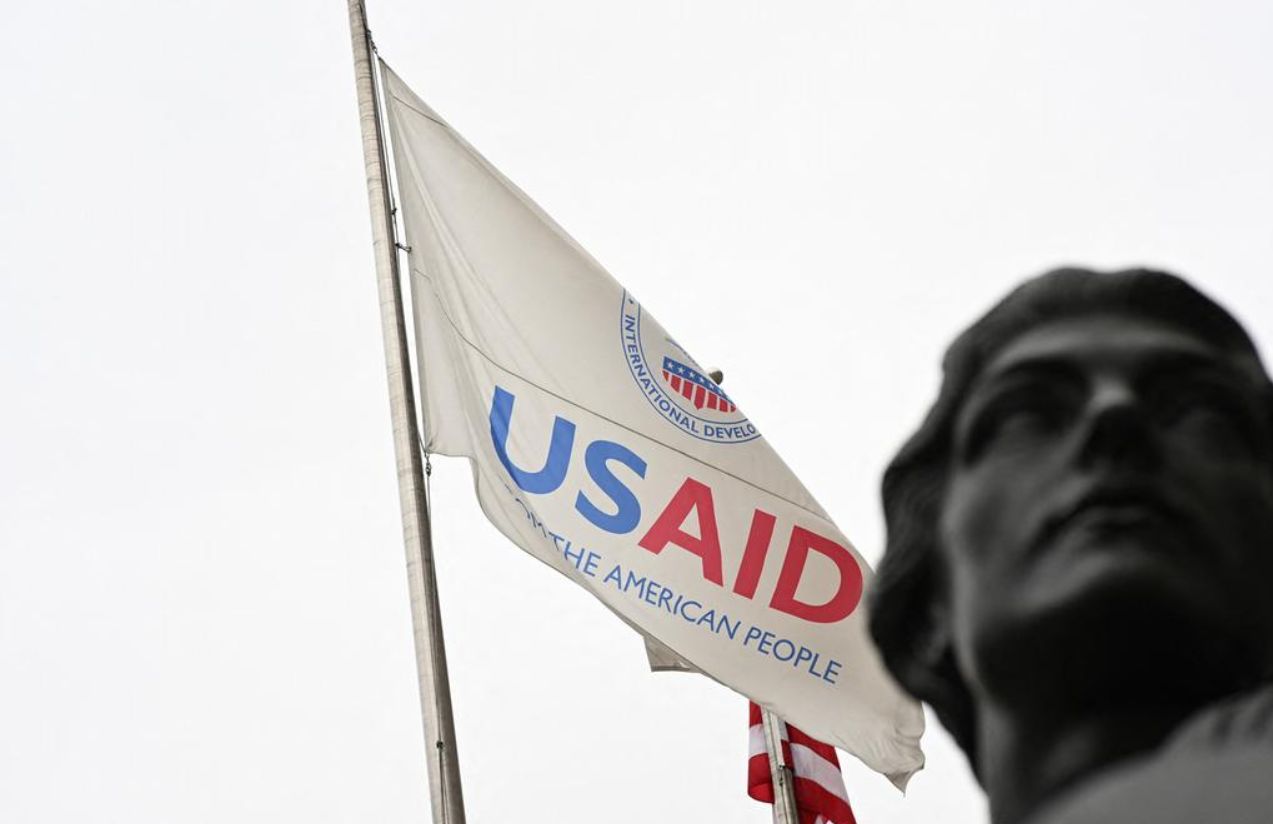U.S. Secretary of State Marco Rubio on Tuesday hailed the closure of the United States Agency for International Development (USAID), a move that has sparked widespread controversy among diplomats and humanitarian organizations.
“The era of government-sanctioned inefficiency has officially come to an end,” Rubio wrote in a Substack post. “Under the Trump administration, the United States will finally have a foreign aid mission that puts our national interests first.”
According to Rubio, beginning July 1, USAID will cease operations. Foreign assistance programs that align with the administration’s policy and serve U.S. interests will be managed by the State Department, which he claims will ensure greater accountability, strategy, and efficiency.
The shutdown of USAID has been driven by the newly created Department of Government Efficiency (DOGE), backed by tech entrepreneur Elon Musk. The abrupt move has led to the elimination of thousands of international programs, many of them focused on life-saving interventions.
A report published Monday in The Lancet warns that dismantling USAID could result in more than 14 million additional deaths worldwide by 2030—including 4.5 million children under the age of five. The authors liken the potential impact of these funding cuts to that of a global pandemic or a major armed conflict.
“Unlike those events, this crisis would stem from a deliberate and avoidable political decision, with a burden that would fall disproportionately on children and younger populations, and with consequences that could reverberate for decades,” the researchers wrote.
The study also indicates that continued USAID funding would have significantly reduced mortality from HIV/AIDS, malaria, tropical diseases, diarrhea, malnutrition, lower respiratory infections, maternal mortality, and tuberculosis.
The State Department, however, downplayed the findings. A senior official, speaking on condition of anonymity, said many of the studies “are based on incorrect assumptions about what Secretary Rubio has said and done.”
“He’s been very clear that much of the life-saving work we do will continue—and will be done more efficiently,” the official stated.
Nonetheless, humanitarian groups warn that the rapid dismantling of USAID, along with a broad and sudden freeze in foreign aid implemented in January, has already had devastating effects in vulnerable regions around the world.
Asked about the criticism, the official largely dismissed it. “They can focus on these small decisions. That’s not our priority. That’s not the secretary’s focus. We’re excited about how the new ‘America First’ foreign aid agenda will unfold and the major impact we can have going forward,” the official said.
According to the administration’s new approach, success in foreign assistance will be measured using new indicators. “We want to see more bilateral engagement, more co-investment from our partners, more trade agreements, more compacts to collaborate on strategic issues,” the official explained. “To us, those are clear signs of success.”
“What we aim to do is build bilateral bridges that are aligned with the president’s mission and overall diplomatic agenda,” the official concluded.

